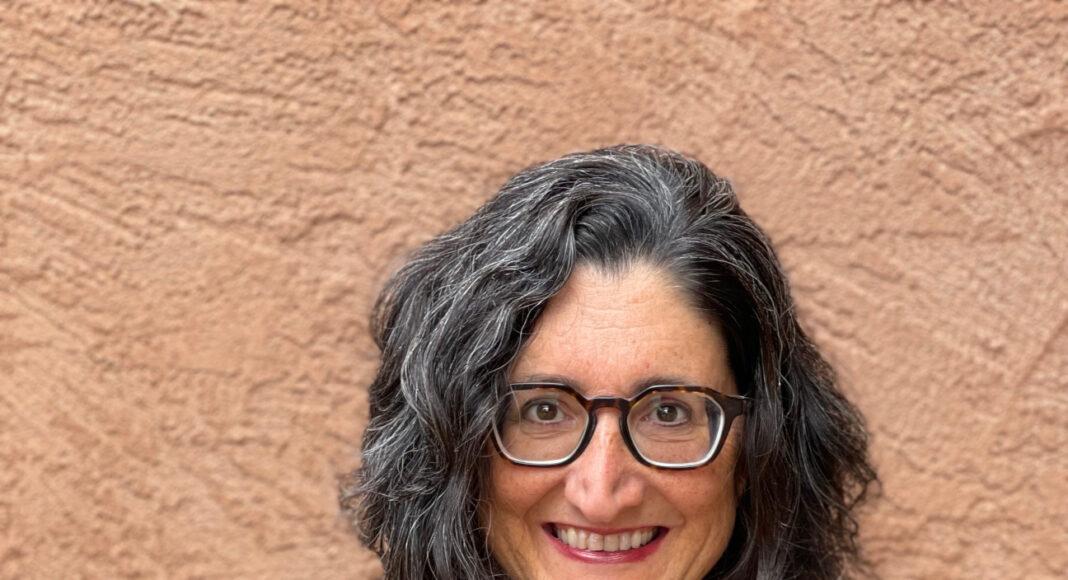Farnaz Fatemi lives a double life. Born in California to two Iranian immigrants, she has found herself engaged in poetry as a tool of archaeology, sifting through memories, words and places to find the key to her sense of self. In her first book of collected poems, Sister Tongue, the winner of the 2021 Stan and Tom Wick Poetry Prize selected by Pulitzer Prize winner Tracy K. Smith, she puzzles over her identity as Persian-American, and as a twin. The book of poems and sensitive travel notes traces Fatemi’s odyssey on a return visit to Iran as an adult, threading her way between Farsi and English with love and trepidation. Fatemi spoke to me about the new collection.
If I had to locate the heart of this collection, it would be this line: ‘I want the foreigner in me to meet the foreigner in me.’ What does it mean to you?
FARNAZ FATEMI: Writing those lines was an attempt to name something that I knew wasn’t just personal. It was an attempt to capture something about my childhood and adulthood which the book itself hopes to pay attention to. It’s not just Farnaz paying the attention—it’s the speakers in these poems considering what foreignness means, and how it changes through a lifetime. Taking the question as a personal question: yes, as a child I was incredibly alienated from myself. I didn’t understand what my own wishes and hopes were because I was so worried about everyone else’s. I felt different because of my Iranian family. I felt far from language, I felt different from other girls and from my twin sister. You could say much of how I have learned to be in the world evolved from a feeling of foreignness.
You are a twin in two senses, biological and cultural—as Tara’s sister, and as an American Persian. Did these twin challenges (pun intended) power the creation of this book?
There is no question they did! I also feel like I should have noticed a lot sooner than I did the way so many of my poems about relationships are inherently about the way I am a twin in this world. I also feel like I should have noticed the tensions you’re raising and the way they are, in a way, parallel to each other. The process of making this book certainly demanded that I explore them. And demanded that I find language that reflects the liminality of twinness and of being bicultural, to express what that liminality feels like.
Has your sense of identity shifted over time? Depending upon whether Persian or American is ascendant, do you always long to be the other?
I long since stopped wanting to be one or the other. I think that’s reflected in some of the reconciliation that happens in different poems in Sister Tongue. More importantly, though, I benefited from learning, in my twenties, the Farsi phrase do rageh, which means, literally, two-veined, and is used to reflect people like me—people raised here in the United States with strong Iranian ties or with family who culturally stays connected to Iran. I know what made me me, and it’s very much a healthy mess of being the daughter of Iranian immigrants, exposed to a diversity of pop cultures, coming of age in Southern California in the ’80s and more. What’s important to me is the way the poems in Sister Tongue want to make room for that possibility.
The Hive Poetry Collective presents Farnaz Fatemi’s new poetry collection, ‘Sister Tongue,’ with Danusha Lameris, Ingrid LaRiviere, Frances Hatfield and Lisa Allen Ortiz. Tuesday, Sept. 6, at 7pm. Free. Bookshop Santa Cruz, 1520 Pacific Ave., Santa Cruz. bookshopsantacruz.com.












Can’t wait for my book to arrive!! Counting the days!